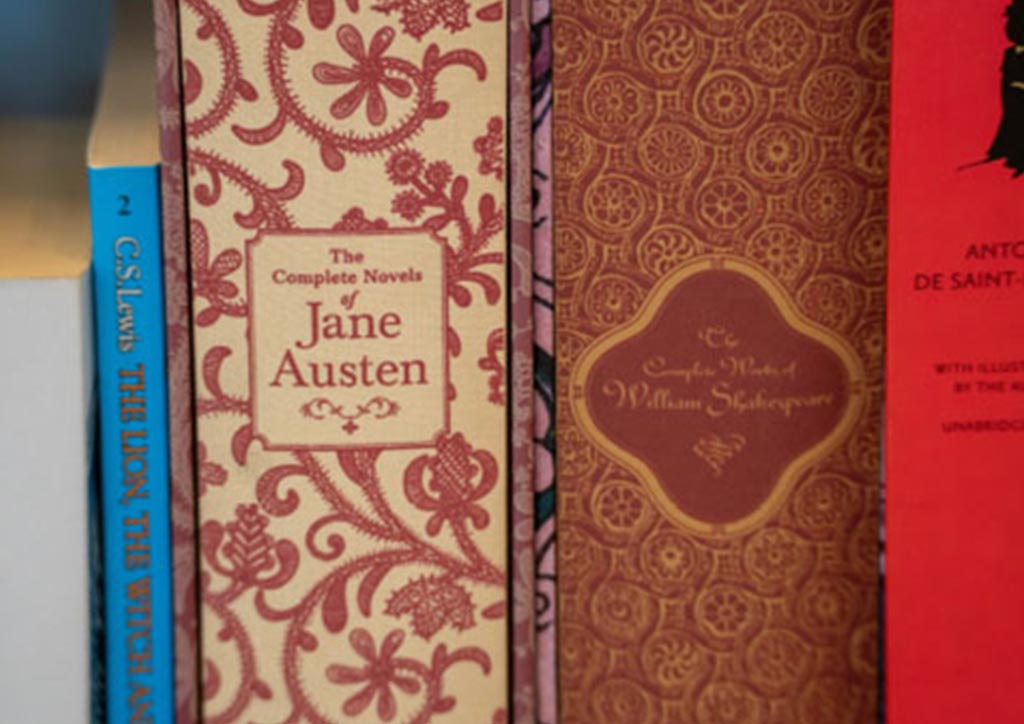
A Level English
Get insights into the curriculum we offer, discover the topics and skills you’ll learn with us and find out why this is a great subject to study with us

English Literature’s historicist approach to the study of literature rests upon reading texts within a shared context. Working from the belief that no text exists in isolation but is the product of the time in which it was produced, English Literature encourages students to explore the relationships that exist between texts and the contexts within which they are written, received and understood.
This methodology promotes a deeper understanding of the social, political, and cultural forces that shape literary works. By examining how texts reflect and respond to the conditions of their times, students gain insights into not only the literary pieces themselves but also the broader human conditions they address. This approach helps students appreciate the dynamic interaction between literature and society, revealing how historical periods and cultural movements influence literary themes and styles.
Entry requirements: Grade 6 in GCSE English Literature
Course content
Studying texts within a shared context enables students to investigate and connect them, drawing out patterns of similarity and difference using a variety of reading strategies and perspectives. English Literature’s historicist approach to the study of literature rests upon reading texts within a shared context. Working from the belief that no text exists in isolation but is the product of the time in which it was produced, English Literature encourages students to explore the relationships that exist between texts and the contexts within which they are written, received and understood.
Studying texts within a shared context enables students to investigate and connect them, drawing out
patterns of similarity and difference using a variety of reading strategies and perspectives. English Literature privileges the process of making autonomous meaning, encouraging students to debate and challenge the interpretations of other readers as they develop their own informed personal responses.
Whilst the course invites a variety of written response types, these will all encourage critical debate. Students will be required to argue and to show personal responses and critical preferences, supported by the terminology relevant to the topics and contexts with which they are engaging. In doing so, they will be able to show ‘creativity’.
Both examined elements of the course have the methodologies of historicism at their centre. In Love through the ages, the theme of love, one of the most central themes in literature, is explored across time.
In Texts in shared contexts, students explore texts written within a narrower and clearly defined time period: either WW1 and its aftermath, or Modern times: literature from 1945 to the present day. The non-exam assessment element offers students the freedom to compare texts either diachronically or synchronically.
Assessment
1. Love through the ages – 3 hours (written paper) – 75 marks – 40% of A-level
2. Texts in shared contexts – 2 hours and 30 minutes (written paper) – 75 marks – 40% of A-level
3. Independent critical study – Non-exam assessment (NEA) 50 marks – 20% of A-level
What you can do next?
A-Level English students will have a world of opportunities open to them, specifically the opportunity to study topics such as Law, Journalism, Psychology and Sociology. Studying English is very useful for any subject area that you need to communicate. English is one of the most popular subjects to study at university level and the skills developed from this subject are in great demand from employers.